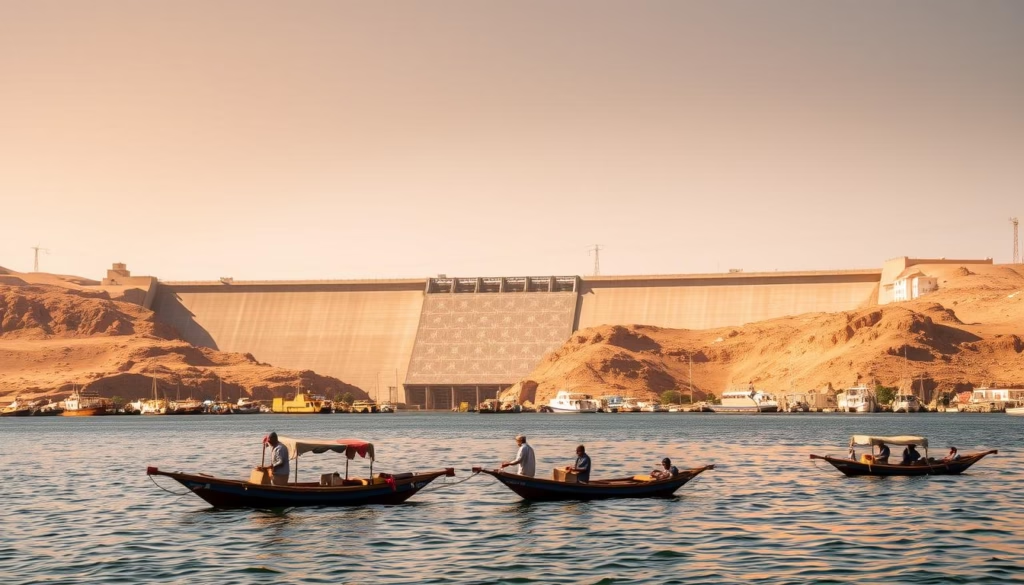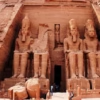Aswan, a historic city along the Nile in southern Egypt, has been a vital cultural and commercial hub since antiquity. Known for its granite quarries that supplied stone for Egypt’s grandest monuments, Aswan offers a unique blend of archaeological wonders, Nubian heritage, and breathtaking river landscapes.
Historical Significance
- Ancient Trade & Quarries: Aswan was a key center for trade and granite extraction, providing materials for temples and obelisks.
- Strategic Nile Location: Its position made it a crucial border post, controlling trade routes between Egypt and Nubia.
- Modern Landmark: The Aswan High Dam (1960s) transformed the region, creating Lake Nasser and securing Egypt’s water and energy supply.
Key Attractions
- Philae Temple: A stunning island complex dedicated to Isis, relocated to save it from flooding.
- Unfinished Obelisk: A testament to ancient stone-carving techniques, abandoned due to cracks.
- Elephantine Island: Home to ancient ruins, a Nilometer, and the Aswan Museum.
- Nubian Villages: Vibrant communities offering insights into traditional culture and crafts.
- Aswan High Dam & Lake Nasser: Engineering marvels with ecological and historical impacts.

Nile Experiences
- Felucca Rides: Sail traditional wooden boats at sunset.
- Luxury Cruises: Explore temples like Kom Ombo and Edfu en route to Luxor.
Climate & Travel Tips
- Best Time to Visit: October–April (mild temperatures, ideal for exploration).
- Summer Caution: May–September brings extreme heat (over 40°C/104°F).

Cultural Highlights
- Nubian Traditions: Discover colorful villages, handicrafts, and folk music.
- Local Cuisine: Try Nile perch, koshari, and hibiscus tea.

Practical Information
- Accommodations: Range from budget guesthouses to luxury resorts (e.g., Sofitel Legend Old Cataract).
- Transport: Taxis, trains, and Nile ferries connect key sites.
- Responsible Tourism: Support eco-friendly tours and respect cultural heritage.

FAQ
Q: Why is Aswan historically significant?
A: It was a trade hub, granite source, and strategic border post linking Egypt and Nubia.
Q: What’s unique about Elephantine Island?
A: Ancient ruins, a Nilometer (water-level gauge), and Nubian culture.
Q: How did the Aswan High Dam change the region?
A: It created Lake Nasser, provided electricity/irrigation, but displaced communities and altered ecosystems.
Q: Best way to experience the Nile?
A: Felucca rides or multi-day cruises to temples.
Q: When to avoid crowds and heat?
A: Visit November–February; avoid June–August peak heat.





